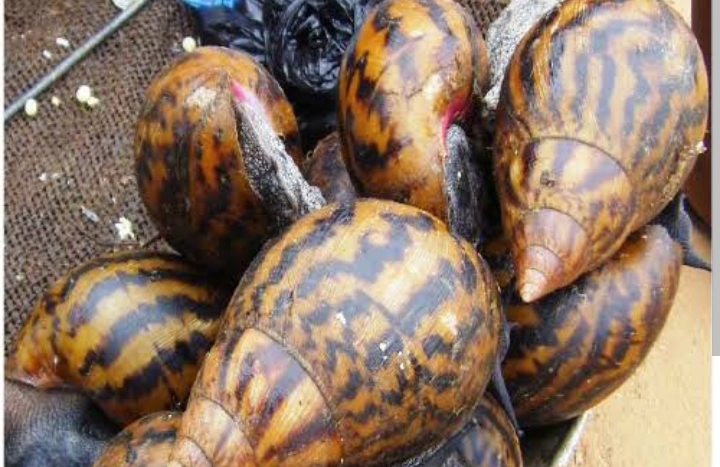Snail Farming in Nigeria
Snail Farming in Nigeria: A Lucrative Opportunity for Agricultural Entrepreneurs
Snail farming, also known as heliculture or snail rearing, has gained significant popularity as a profitable agricultural venture in Nigeria.
This low-cost and environmentally friendly practice has attracted the attention of entrepreneurs and farmers alike, as it offers great potential for generating income while meeting the growing demand for high-quality protein sources.
In this article, we will explore the benefits, challenges, and steps involved in establishing a successful snail farming enterprise in Nigeria.
The Potential of Snail Farming in Nigeria:
Nigeria boasts a conducive climate and abundant natural resources that make it an ideal environment for snail farming.
With a vast landmass and diverse ecosystems, the country provides a range of species, such as the African giant snail (Achatina achatina), the giant tiger land snail (Achatina fulica), and the Archachatina marginata, which are highly sought after in local and international markets.
Benefits of Snail Farming:
Lucrative Market: Snails are a delicacy in Nigeria and are in high demand due to their nutritional value and unique taste.
The country’s rapidly growing population, coupled with an increasing appreciation for healthy and organic food choices, presents a significant market opportunity for snail farmers.
Low Start-up Costs: Compared to other forms of livestock farming, snail farming requires minimal initial investment. It can be started on a small scale with a relatively low budget, making it accessible to aspiring farmers and entrepreneurs with limited resources.
High Reproduction Rate: Snails are prolific breeders, with the capacity to lay hundreds of eggs in a single clutch. This allows for rapid multiplication and quick turnover, leading to increased production and profit potential for farmers.
Sustainable and Environmentally Friendly: Snail farming is considered eco-friendly, as it has a minimal ecological footprint. Snails can be reared in confined spaces, making efficient use of land.
Furthermore, snails feed on organic waste, providing an excellent opportunity for waste management and recycling.
Challenges in Snail Farming:
While snail farming offers promising opportunities, several challenges must be considered:
Knowledge and Expertise: Lack of adequate knowledge and technical expertise in snail farming practices can hinder success.
Proper training, research, and consultations with experienced snail farmers or agricultural experts are crucial to overcoming this challenge.
Predators and Disease Management: Snails are susceptible to predation from birds, rodents, and other animals. Additionally, diseases such as bacterial infections and parasitic infestations can pose a threat to the snail population.
Implementing effective management strategies, such as providing adequate shelter and practicing good hygiene, is essential to mitigate these risks.
Market Access and Logistics: Establishing a robust distribution network and securing reliable buyers can be a challenge for new entrants.
Building relationships with local markets, restaurants, hotels, and supermarkets, as well as exploring export opportunities, can help overcome this hurdle.
Steps to Start a Snail Farm:
Research and Planning: Gather information on snail species, market demand, suitable farming methods, and potential challenges. Develop a business plan outlining your objectives, budget, and marketing strategy.
Snail Species Selection: Choose the appropriate snail species based on market demand, local climate, and availability. Achatina achatina, Achatina fulica, and Archachatina marginata are popular choices in Nigeria.
Housing and Environment: Construct or adapt a suitable housing system that provides protection from predators, maintains optimal temperature and humidity levels, and facilitates easy cleaning and management.
Feeding and Nutrition: Snails are herbivores and thrive on a diet of fresh greens, fruits, and

